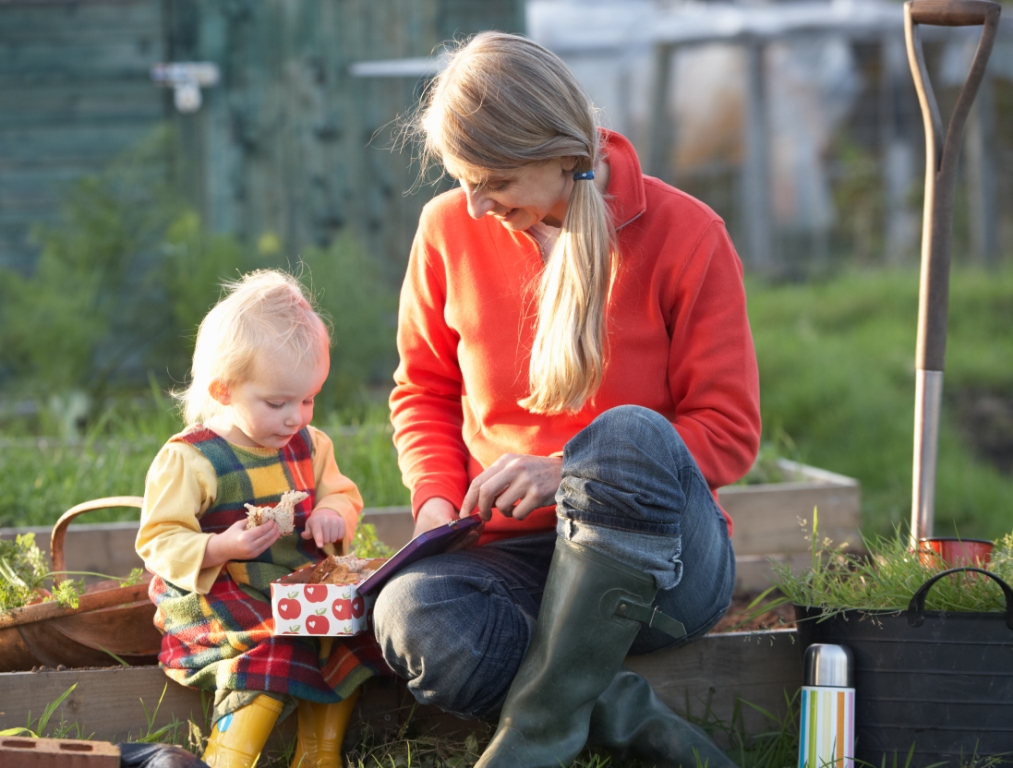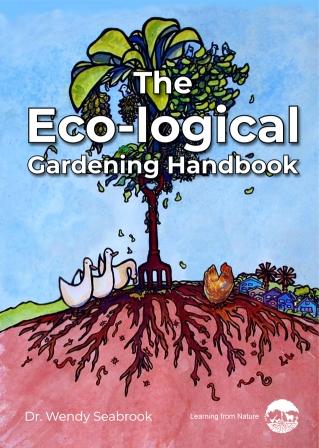Lots of people talk about regenerative farming, but what about regenerative gardening? How is it different from sustainable and organic gardening? Essentially, we use the term regenerative for growing practices that produce long-term improvements to our soil and other growing conditions.
We can use standard regenerative practices like no-dig, crop rotations, growing cover crops, and spreading compost and mulch, But this isn’t the best way to improve your growing conditions. Nor is focusing on improving indicators like compaction, water infiltration, nutrient availability, organic matter, and carbon in our soils. Like crops relentlessly hammered by insects and pumpkins left unpollinated, they are the symptoms rather than the cause of poor growing conditions.
Pest control, crop pollination, and soils absorbing and storing water containing organic matter and supplying nutrients to our plants are the products and services of functioning ecosystems. When we practice regenerative gardening, we switch our focus from treating the symptoms to repairing the ecosystems within our vegetable beds, orchards, and other parts of our garden. We benefit from the free ecological services functioning ecosystems provide.
- Better harvests
- Nutritious food
- Save money – less reliant on pest controls, fertilisers, compost, and other external inputs.
We make the practical act of growing food a solution rather than a cause of climate change and have the joy of bringing Nature back into our gardens!

Regenerating Ecosystems isn’t Complicated
For example, we manage our veggie gardens to give our soil organisms the root tissues, root exudates, leaves, and other plant biomass they need to repair the soil ecosystem—a task for which they’ve had millions of years of on-the-job training! We grow plants to feed us and our soil organisms! The microbes and invertebrates in our soil can then maintain the soil infrastructure and recycle nutrients for our crops. Our plants get silver service catering directly from our soil ecosystem rather than via the intermittent and inadequate inputs we supply!
Watch this video for more details –
Getting Help with Regenerating Your Garden
Ecosystems are complex, but repairing them isn’t complicated because what we do is inherently eco-logical! That’s why we support gardeners at Learning from Nature with our Eco-logical Gardening Handbook and other publications.


